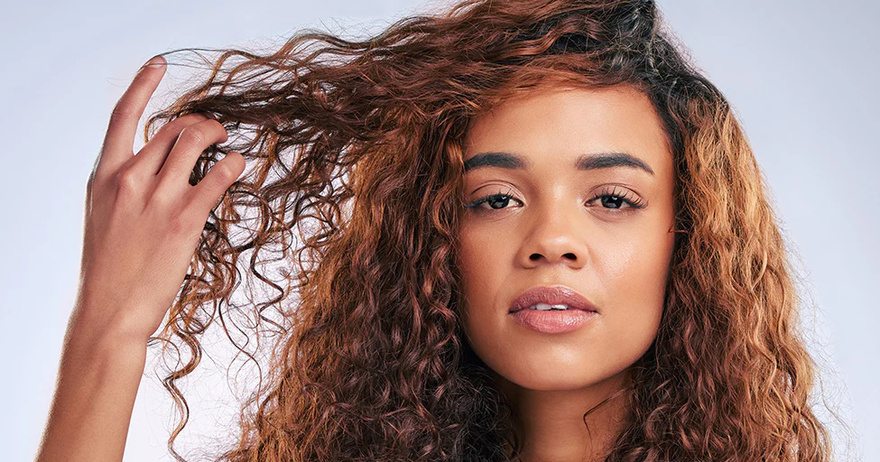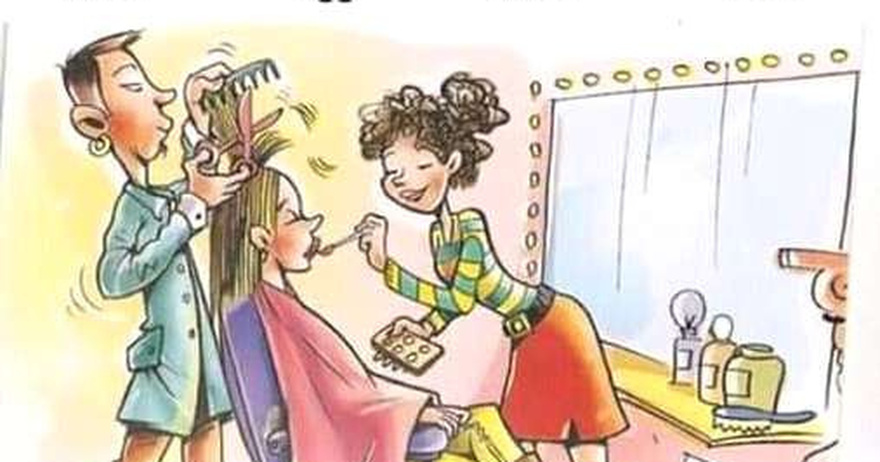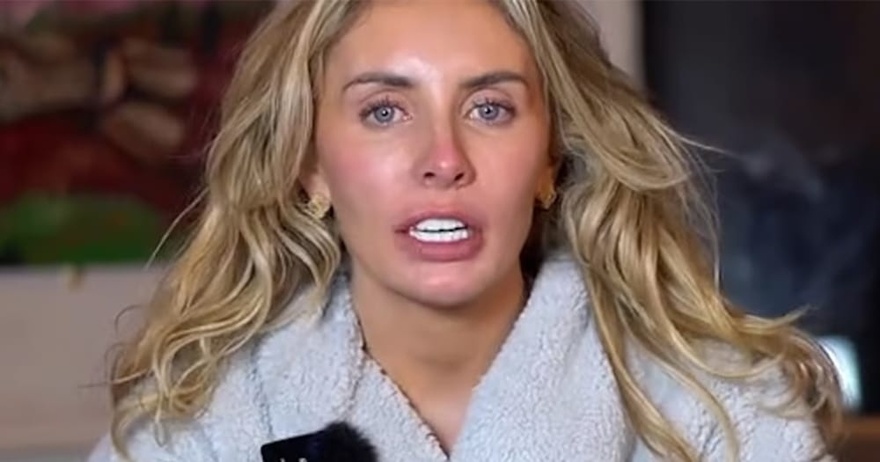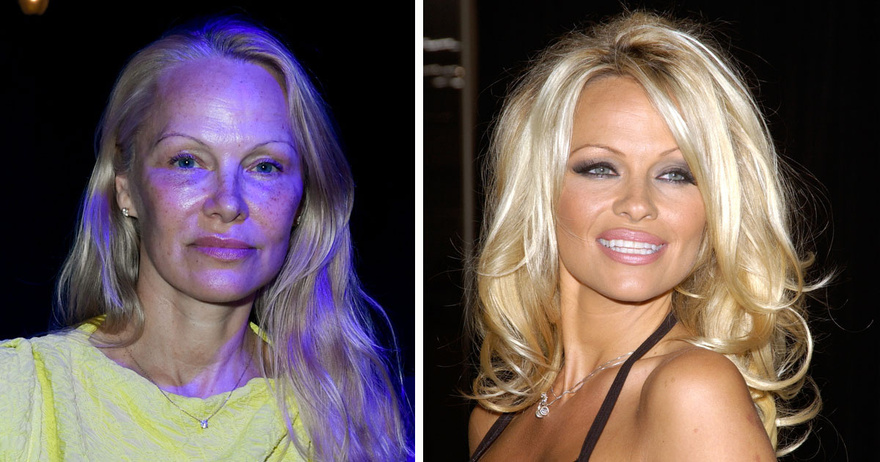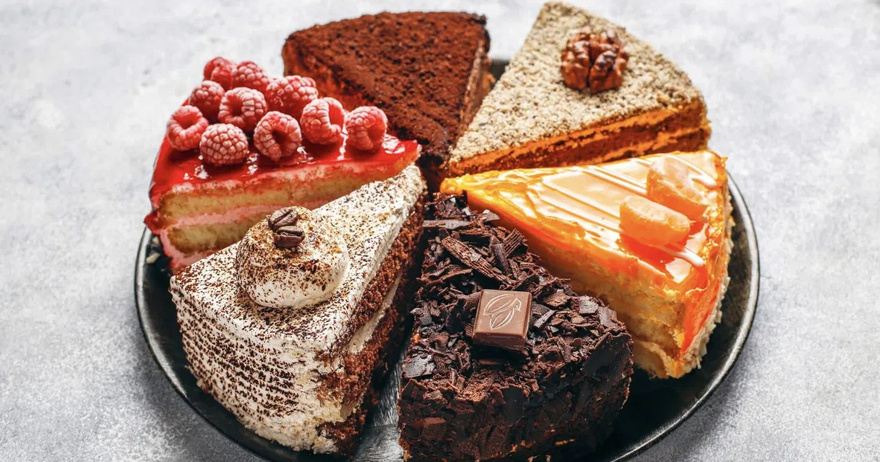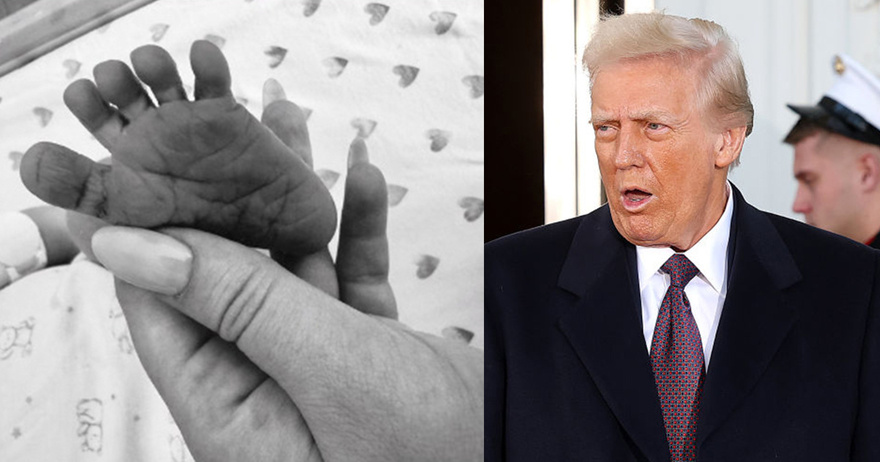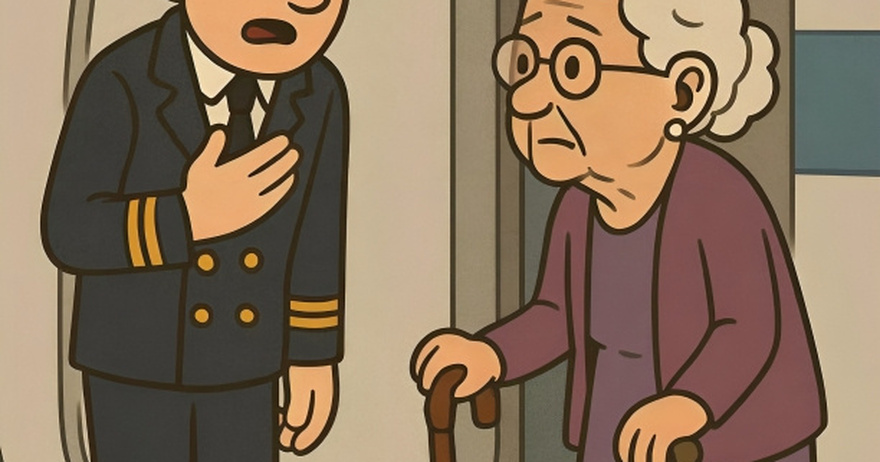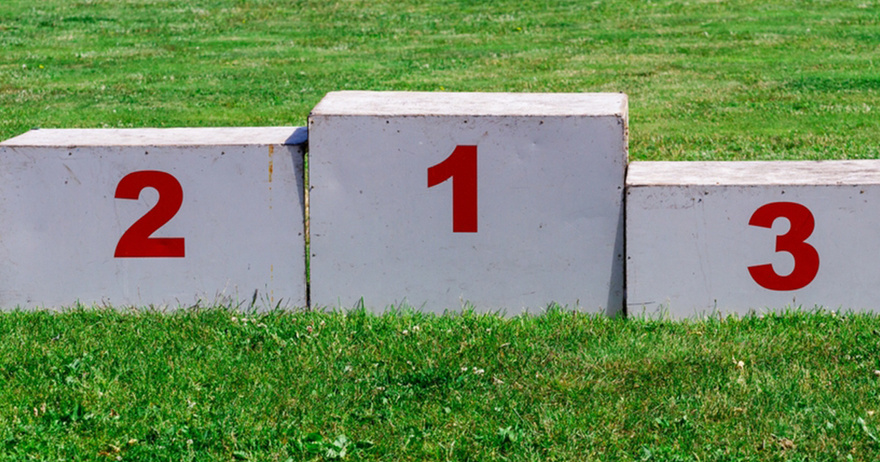Oily hair is a common issue that can leave your locks looking limp, dull, and in need of constant washing. While it’s normal for hair to have some natural oil, or sebum, too much can lead to greasiness and affect your hair’s overall appearance and vitality. Fortunately, there are simple and natural ways to combat oily hair and restore its natural balance.
Here, we present 6+1 essential tips to help you manage oily hair and give your locks the healthy look they deserve, without stripping your scalp of its natural oils.
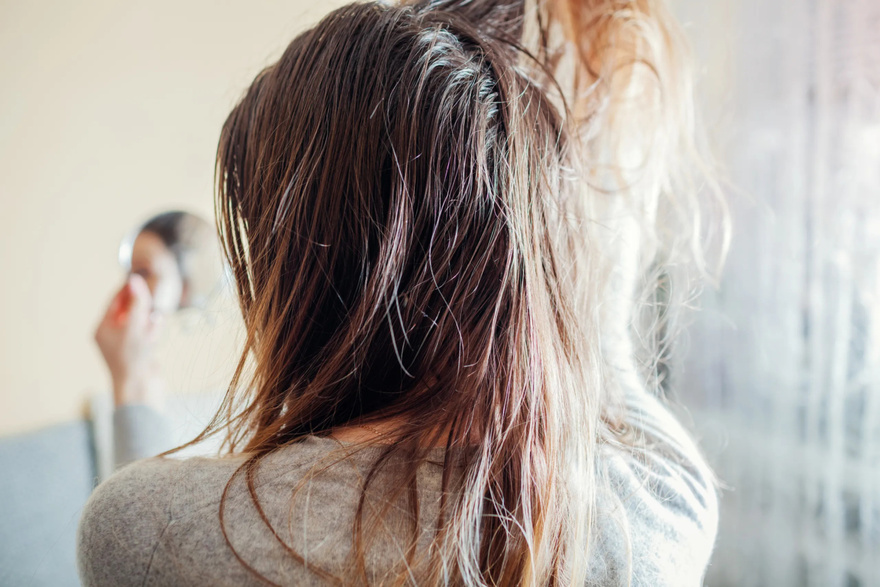
1. Say “No” to Frequent Shampooing
It may seem counterintuitive, but washing your hair too frequently can actually make it greasier. Shampooing every day can strip your scalp of its natural oils, signaling it to produce more oil to compensate. This creates a vicious cycle, where the more you wash, the more oil your scalp generates.
Instead of washing daily, try reducing the frequency of your washes. Start by washing your hair every other day and gradually extend the time between washes. This allows your scalp to recalibrate its oil production. If your hair feels greasy at the end of the day, resist the urge to reach for the shampoo, and instead use a dry shampoo to absorb excess oil and refresh your roots.
Why it works:
- Reduces overproduction of oil.
- Allows the scalp to find its natural balance.
2. Bathe Properly
Proper hair-washing techniques can make a world of difference in combating oily hair. Many people unknowingly exacerbate greasiness by using too much shampoo or by scrubbing too aggressively, which can irritate the scalp and trigger more oil production.
To wash your hair effectively:
- Apply a small amount of shampoo gently to the scalp and roots, where oil builds up the most.
- Use your fingertips, not your nails, to massage your scalp lightly—avoid aggressive scrubbing, which can stimulate the scalp to produce more oil.
- Let the shampoo run down the ends of your hair as you rinse, but don’t scrub the hair length with shampoo. This prevents drying out the ends, while still effectively cleansing the scalp.
By focusing on the scalp and roots, you’ll avoid damaging the hair shaft and reduce the tendency for greasiness.
Why it works:
- Prevents irritation and excess oil production.
- Protects the ends of your hair from becoming dry or damaged.

3. Use Conditioner with Care
Conditioner is a vital step in keeping hair soft and manageable, but applying it incorrectly can make your hair look greasy faster. Conditioner is meant to hydrate and protect the ends of your hair, but applying it to your scalp can add unnecessary oil and make your hair appear oily soon after washing.
To combat this:
- Only apply conditioner to the ends of your hair, where moisture is needed the most.
- Avoid your scalp and roots when conditioning, as these areas already have enough natural oils.
- Be sure to rinse thoroughly to avoid any residue that could weigh your hair down.
By limiting conditioner to the hair’s ends, you’ll still get the benefits of hydration without the risk of your hair looking greasy.
Why it works:
- Keeps the scalp oil-free while nourishing the ends.
- Reduces the buildup of product on the scalp and roots.
4. Try Natural Drying Methods
Using heat tools like straightening irons or blow dryers may give you smooth, sleek hair, but heat styling can cause hair to look greasy more quickly. Heat tools can stimulate your scalp to produce more oil and lead to limp, lifeless hair.
Instead, try air-drying your hair to embrace its natural texture. Air-drying not only reduces oiliness but also helps prevent heat damage, which can lead to split ends and further imbalance in oil production. If air-drying isn’t always practical, consider blow-drying at a low temperature to reduce excess oil stimulation while maintaining some control over your style.
Why it works:
- Reduces heat damage and oil stimulation.
- Prolongs the time between washes by preventing oil buildup.

5. Clean Your Brush Regularly
Your hairbrush plays a more significant role in the appearance of your hair than you might realize. An unclean brush can be full of old product residue, oil, and dirt, which gets transferred back onto freshly washed hair, making it look greasy.
To prevent this:
- Clean your brush regularly using a gentle soap or shampoo to remove oil, dirt, and any leftover styling products.
- After each use, remove any stray hairs from the brush to keep it clean and free from buildup.
By maintaining clean styling tools, you’ll keep your hair looking fresher for longer.
Why it works:
- Prevents the transfer of oil and dirt back onto your hair.
- Keeps your hairbrush in optimal condition for styling.
6. Shampoo with Green Tea
Green tea is not just an energizing drink—it can also do wonders for oily hair. Research has shown that green tea extract helps to reduce sebum production when applied topically, making it an effective ingredient in combating excess oil. Additionally, green tea is packed with antioxidants that can nourish the scalp and promote overall hair health.
Many shampoos now include green tea extract as a key ingredient for oily hair. You can also make a simple DIY green tea rinse at home by brewing a strong cup of green tea, letting it cool, and using it as a final rinse after shampooing.
Why it works:
- Reduces sebum production on the scalp.
- Nourishes the scalp with antioxidants.
7. Bonus Tip: Watch Your Diet
It might come as a surprise, but diet can play a role in the health and oiliness of your hair. High-fat, greasy foods and a lack of nutrients can contribute to increased oil production on your scalp. To help manage oily hair from within, consider incorporating more fresh fruits, vegetables, and lean proteins into your diet.
Omega-3 fatty acids, found in fish, walnuts, and flaxseeds, are excellent for promoting scalp health and regulating oil production. Additionally, staying hydrated by drinking plenty of water helps to maintain balanced oil levels and prevents the scalp from becoming overly oily.
Why it works:
- Reduces oil production from within by nourishing the scalp.
- Promotes overall hair health through a nutrient-rich diet.
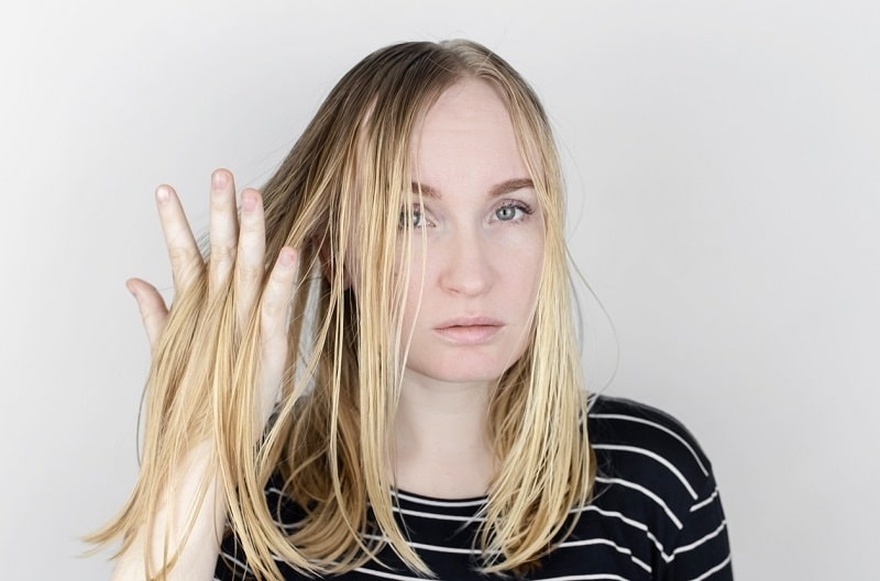
Conclusion: Take Control of Oily Hair Naturally
Dealing with oily hair can be frustrating, but with the right techniques and natural remedies, you can restore balance and enjoy healthy, vibrant hair. The key is to avoid over-shampooing, use conditioner sparingly, and adopt gentler washing and drying practices. Incorporating green tea, maintaining clean brushes, and paying attention to your diet can further help manage excess oil and keep your hair looking fresh for longer.
With these 6+1 simple tips, you can combat oily hair and give your locks the vitality they need without resorting to harsh chemicals or stripping your scalp of its natural protective oils. Embrace a routine that respects your hair’s natural balance, and you’ll be rewarded with healthier, happier hair year-round!
